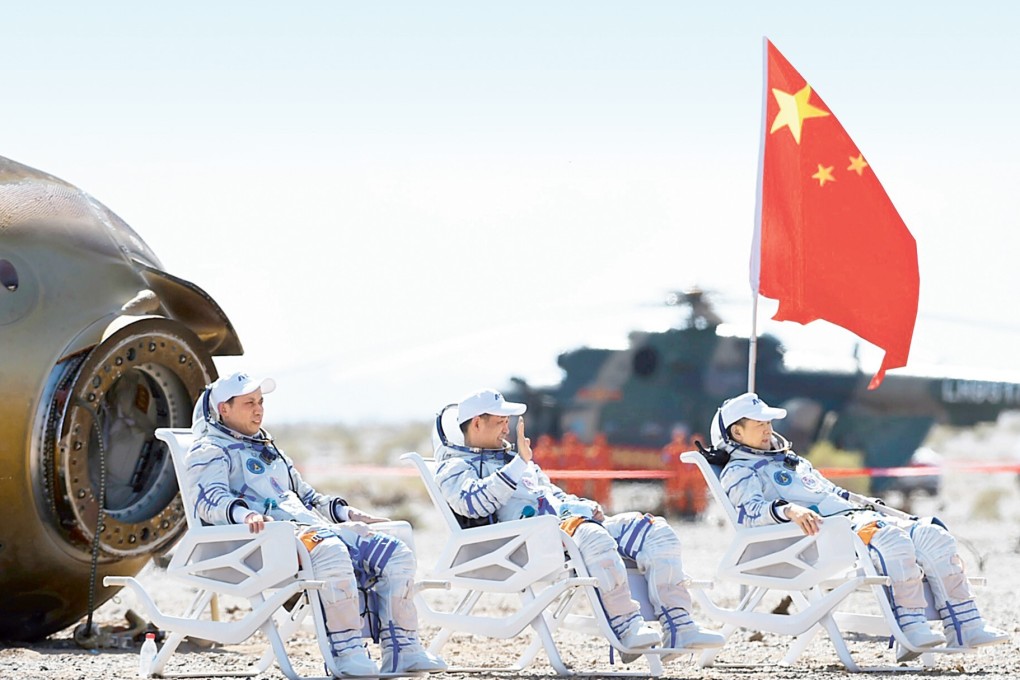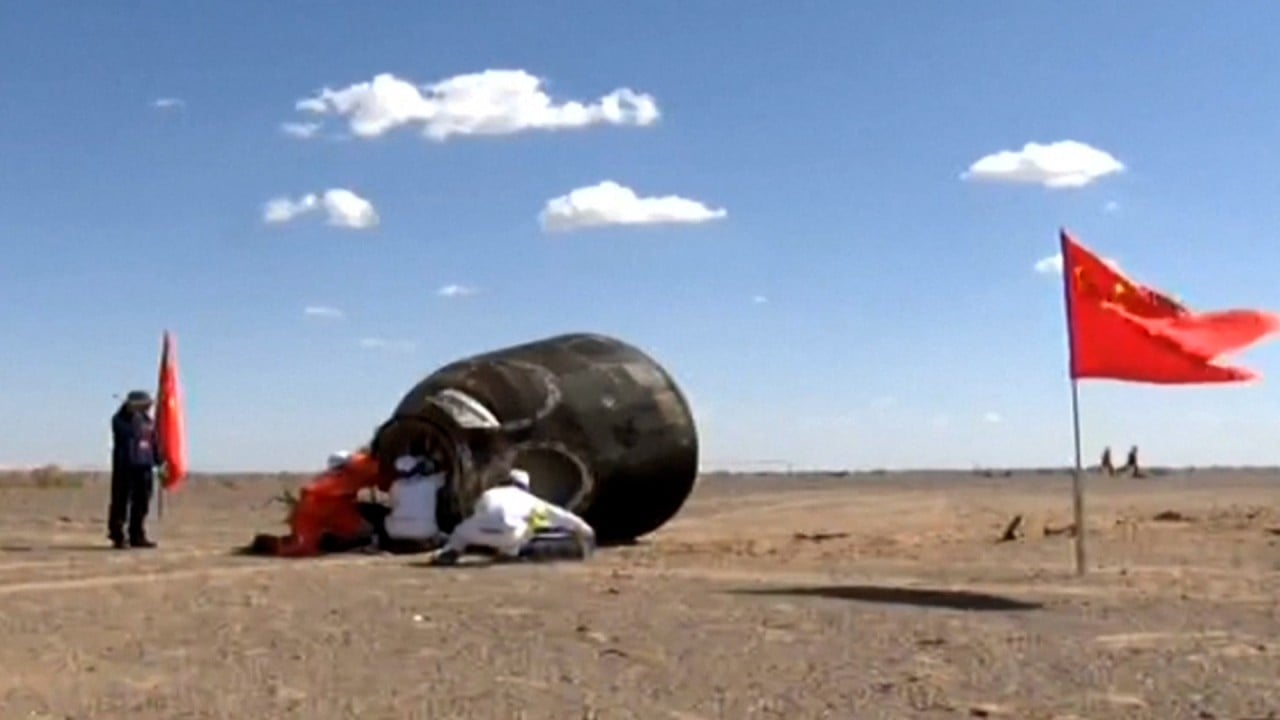Editorial | China’s approach to space is one that the US should learn from
- President Xi Jinping has made clear that the country is willing to cooperate with others, while Washington has played the exclusivity card

Xi focused on the importance of safeguarding space not only as a strategic asset for China but also for international cooperation, during a visit to a key satellite monitoring and control centre in Xian, capital of Shaanxi province.
As an emerging space superpower, China wants to work with others, including the United States, on space exploration where possible, and to avoid competing, especially militarily. This Xi said, meant there was a need to cooperate internationally on security issues to improve effectiveness in managing crises in space.
Unfortunately, this view may not be shared by Americans, who seem far more committed to competing against and containing China. Recently, Nasa’s new administrator, Bill Nelson, described China as “a very aggressive competitor” and was being very secretive with its space programme.
That is far from the truth.

01:21
Chinese astronauts return to Earth in re-entry capsule from Tiangong space station
China has already invited foreign science bodies to propose experiments to be conducted aboard the Tiangong when its construction is completed next year. Countries such as France and Argentina have already responded positively to the invitation.

